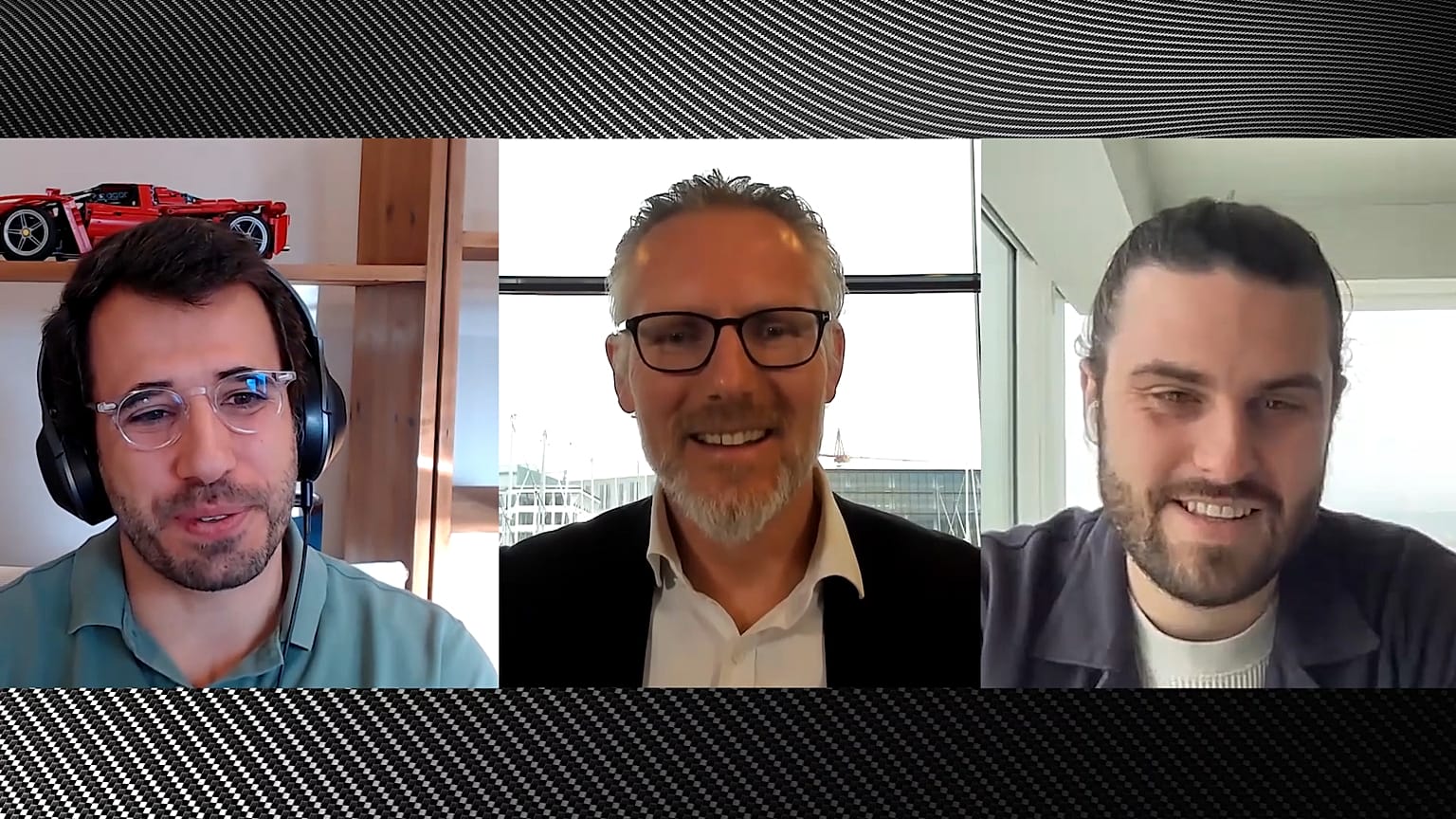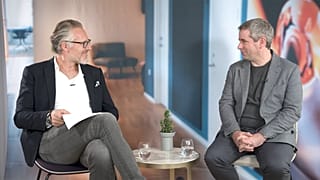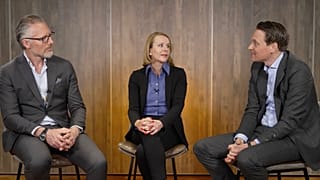Digital Business Motion vodcast series is a platform for leaders to candidly share their stories, challenges and successes about digital transformation and by doing so, help support the growing ecosystem of companies working toward Industry 4.0 or embarking on their digitisation strategy.
What does it take to lead a hypergrowth company? Where should founders focus to sustain momentum and stay on track? And which activities will really make an impact?
With competing priorities, lean teams and fast-moving, competitive environments, it’s difficult to know which levers to pull in the pursuit of sustainable growth. In this first episode, we explore the answers to these questions.
Jesper Schleimann, Chief Strategy and Information Officer together with Romain Gauthier, Head of Grow (SAP) spoke with Pedro Montiero de Barros, Head of Finance (Remote) to hear how Remote grew from an idea and two founders in 2019 to an international company with a presence in over 60 countries.
To listen to the full vodcast with Remote, click on the media player above.
What did the vodcast cover?
Globally distributed teams
Many early-stage software companies say the issue of finding and retaining tech talent in particular, is consistently in their top three barriers to growth. In the past, companies have had to compete for talent in their area or city, but this is changing rapidly, says Remote which boasts an entirely remote workforce.
As work becomes more digital, the notion of physical frontiers and where an employee or contractor is located is becoming less important. Increasingly, companies of all sizes are building globally distributed teams to reach their goals, says Remote.
Not only does this help to solve a skills shortage and remove a barrier to growth, it opens up new opportunities for workers in developing countries to have better access to jobs. Because of technology, the potential to access talent anywhere in the world has never been stronger and this is “enabling a fundamental socio-economic shift”.
“There are many more rural areas in the world that will benefit much more from remote work, which will then play to better education, better wealth, more financial well-being, increased social mobility, that will start impacting how we see the world in a more sustainable way,” de Barros said.
There are other benefits too. Global teams create more innovation and diversity of thought, which is critical when dealing with complex problems and challenges faced by hypergrowth companies. This trend means tomorrow’s leaders - no matter where they are based - will need to manage digital and culturally diverse teams, says Remote.
Setting and living company values
Articulating a purpose, creating transparency and empowering your team through accountability and ownership is a critical part of creating alignment and business success. Remote argues that authentic values and a well-articulated vision helps to anchor a fast-moving company that is changing every day. Values directly impact important decisions such as hiring and strategy too.
“We see that founders mostly have three objectives: sell more which means keep the product market fit, raise enough capital to sustain their growth, but most importantly hire and retain the right talent. So that's where the value and the alignment of values to each employee is completely strategic. It's critical to make sure that they stay within a company once you hire them”, said Gauthier who supports hypergrowth companies, including Remote, in Europe.
“I think the company mission is something that I've seen emerging with great importance after the pandemic. Clearly, it's one of the main aspects to move forward in the future and to keep people motivated,” he added.
Build for hyperscale from day one
The ability to anticipate the needs of a company before they arise is another critical aspect of building hypergrowth companies. Because the main focus for startups is on growth and getting products to market, it’s critical to get support from partners to ensure the organisation is supported with a plan as it scales.
Like laying a strong scalable foundation of a new building first, ensuring the processes and systems are embedded in the company’s DNA has been fundamental to Remote’s success.
“It’s all part of planning whilst running hard on the day to day.” de Barros said. “Leaders need to ask themselves what are the future risks that I need to mitigate today? How can I anticipate what's going to happen to make sure that I can sustain that growth? We really need to think ahead even if you’re not there yet. That mindset is really important,”.
To listen to the full vodcast with Remote, click on the media player above.





